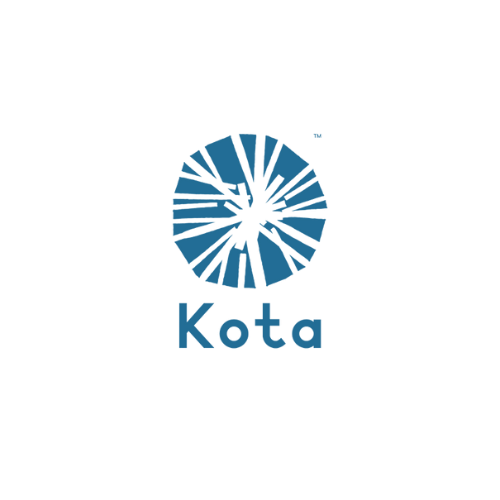Menstrual Hygiene Management
If half the world goes through this cycle every month, what’s the issue around it?
MHM Infographic Basics, click here for details
by Maria J. Rodriguez-Ferreño
In low-income countries, girls’ choices of menstrual hygiene materials are often limited by the costs, availability and social norms. Research has found that not having access to menstrual hygiene management products can keep girls home from school during their period each month. Adequate sanitation facilities and access to menstrual hygiene products are one part of the solution. Creating a culture that welcomes discussion and makes adequate education for girls is of equal importance. As a women oriented organization, The Kota Alliance is committed to contributing to this cultural change by raising awareness and promoting the dialogue around this topic and others related.
In a 2014 study conducted in India, the researchers found that as many as 42% of women who participated in the study did not know about sanitary pads or from where in their anatomy menstruation originated. Most of them were scared or worried on their first menstruation. Worldwide, in 2018, one in three women does not have access to a working toilet at all.
Menstrual hygiene management (MHM) can be particularly challenging for girls and women in these countries, where clean water and toilet facilities are often inadequate. In addition, traditional or closed-up cultures make it difficult to discuss menstruation openly. This limits women’s and adolescent girls’ access to relevant and important information about the normal functions of their own body. This directly affects their health, education and dignity. Access to information can be considered a human right.
A definition of MHM is:
Women and adolescent girls use a clean material to absorb or collect menstrual blood, and this material can be changed in privacy as often as necessary for the duration of menstruation.
MHM also includes using soap and water for washing the body as required; and having access to facilities to dispose of used menstrual management materials.
The term “menstrual health” is broader than menstrual hygiene. It encompasses both the menstrual hygiene management practices and the broader systemic factors that link menstruation with health, well-being, gender, education, equity, empowerment, and human rights (in particular the human right to water and sanitation).
Although the tendency is to think that this issue belongs only to developing countries, reality shows that happens everywhere. Even in New York State, until literally a few days ago, incarcerated women most likely did not have access to these hygienic products (in some instances, not providing these products was used as a form of penalty to women misbehaving). Fortunately, the Bill A588 / S6176, which will require that correctional facilities provide feminine hygiene products at no cost, proposed by Members Linda B. Rosenthal and Roxanna J. Persaud has passed the NYS Senate and the Assembly. Kota Alliance was proud to be part of the A588 bill in support of this legislation.
Every year, on May 28th, Menstrual Hygiene Day is celebrated in order to raise awareness around the fundamentals that make up this global issue and the measurements needed to alleviate it. Some of these points are to address the challenges and hardships many women and girls face during their menstruation, to highlight the positive and innovative solutions being taken to address these challenges, to catalyze a growing, global movement that recognizes and supports girl’s and women’s rights and build partnerships among those partners on national and local level, to engage in policy dialogue and actively advocate for the integration of MHM into global, national and local policies and programs and to create an occasion for media work, including social media. As part of the celebration for this day, Kota co-hosted an event on May 30th- 2018 with "BeGirl" and "Days for Girls" where a panel of outstanding speakers shared their knowledge, opinions and personal experiences about the issue. Please click HERE for more information about that event and look at the end of this post for some pictures.
At Kota, we support and promote a change in the dynamics and mechanics of working around MHM for the benefit of all women. To partner with us or further this conversation, please don’t hesitate to contact us!
Source: Works cited list available upon request






